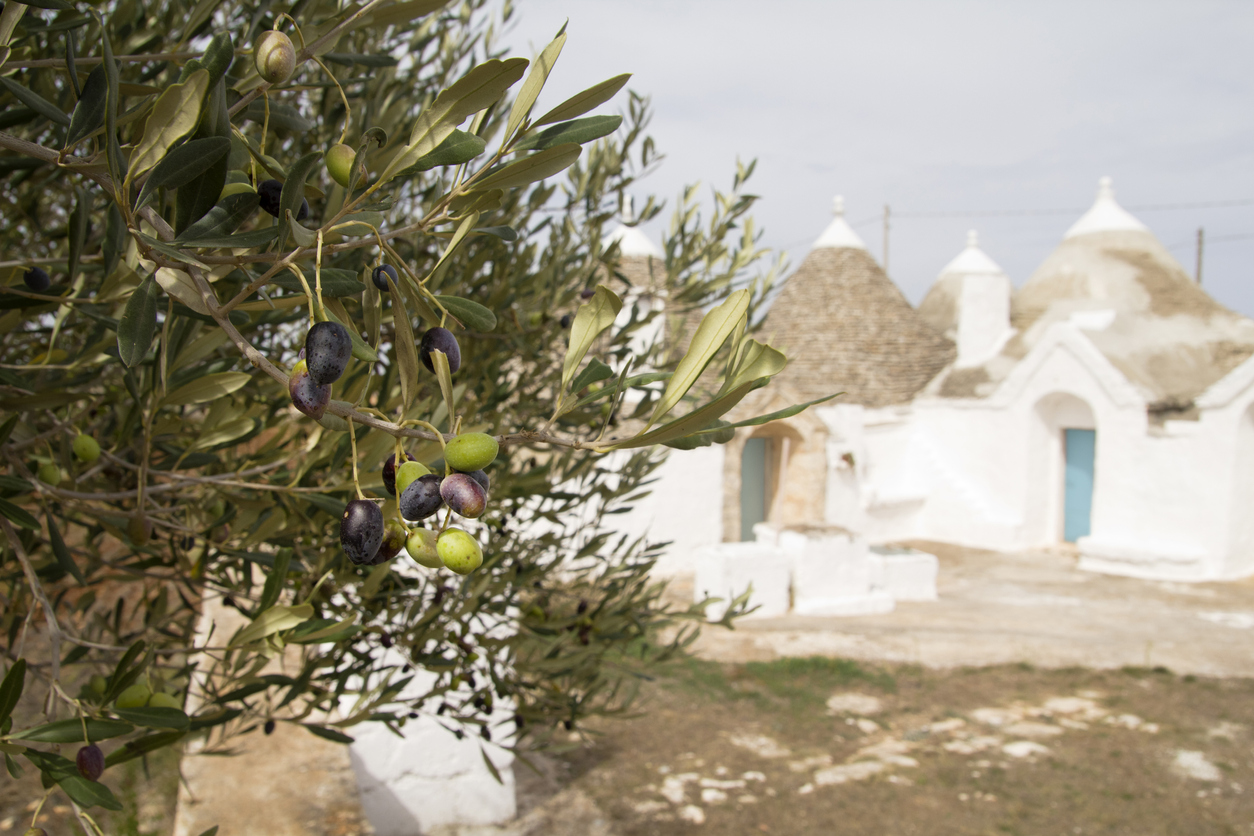Italian researchers use probiotics to extend the shelf-life of fresh pasta

A new production method which involves bioprotective probiotics and novel packaging could help significantly extend the shelf-life of fresh pasta.
Italian researchers working at the Italian National Research Council (NRC) and the University of Bari Aldo Moro have developed a ‘clean-label’ preservation technique which they say prolongs trofie pasta – a shape characterised by its thin twisted appearance – by an extra month. Their research has now been published in the Frontiers in Microbiology journal.
Most fresh pasta sold around the world is industrially produced and heat-treated to allow for a shelf life of between 30 to 90 days.
Despite utilising modified atmosphere packaging (MAP), which involves removing oxygen and replacing it with other gasses, the quality of the pasta can still sometimes be compromised, which can lead to food waste and safety concerns. Usually this is because of bacteria surviving heat treatment and then growing inside the sealed packaging.
While chemical solutions do exist to ensure this doesn’t happen, the researchers say consumers typically prefer ‘clean label’ products without artificial or synthetic ingredients.
To provide such a solution, the team first altered the ratio of MAP gasses to better control microbial growth within the packaging. They also changed the combination of plastic films used in the packaging to ensure complete impermeability.
Finally, the team of researchers added a multi-strain probiotics mixture to the fresh trofie pasta dough to inhibit the growth of bacteria further.
To test the recipe, the team produced one set of fresh pasta using the conventional method, as well as two using the new packaging method. Of these, one was also given the experimental probiotics strain.
After a few months, the trofie pasta which utilised both the new packaging and the probiotics was found to have the best shelf-life. This was discovered using high-tech gene sequencing to identify microbial compositions and mass spectrometry to profile volatile organic compounds.
“From the consumer’s standpoint, a definite advantage of this product is the long shelf life and ease of storage,” said Dr Francesca De Leo of the Italian National Research Council, a co-author of the research.
“This can be particularly important considering that consumers tend more and more to reduce the frequency of their food purchases, and consequently store as much as possible at home.”
Italy is well-known for safeguarding its culinary traditions, and a 55-year-old ‘pasta law’ governs standards and production methods of the much-loved food. According to Dr De Leo, the new technique is fully compliant with Italian legislation.
“It’s already been tested with the pasta company that collaborated on this study,” she told The Guardian. “Indeed, the study was designed starting from the analysis of the needs of the company.”









